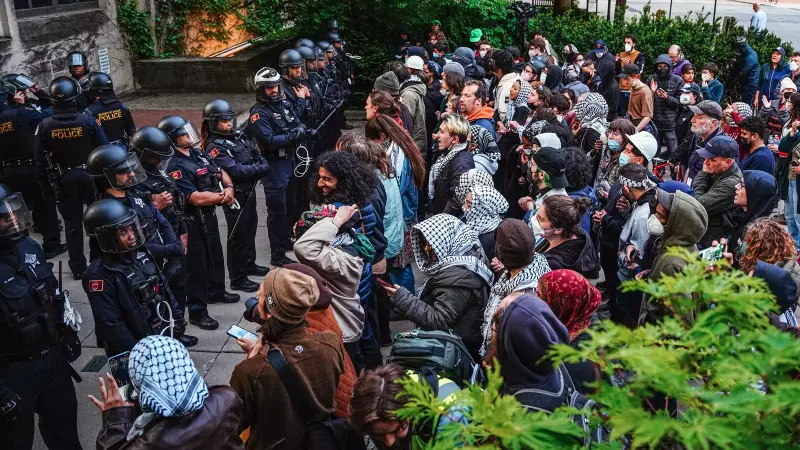
The fragile truce between Israel and Hamas has brought unexpected consequences for the global pro-Palestinian movement, leaving many activists grappling with mixed emotions and strategic concerns.
The Protest Paradox
For weeks, cities across the Western world witnessed unprecedented demonstrations supporting Palestine. From massive marches blocking bridges to campus sit-ins and city center rallies, the movement showed remarkable momentum. However, the ceasefire agreement has created what many activists describe as a "strategic dilemma."
"Just as we were building real pressure, the urgency vanished overnight," shared Sarah Mitchell, a university student organizer in London. "The ceasefire, while desperately needed for Gazans, has deflated our protest energy at the worst possible moment."
From Streets to Strategy
Many protest groups are now pivoting to long-term advocacy, recognizing that temporary truces don't address underlying issues. The focus is shifting toward:
- Boycott campaigns targeting companies with ties to Israeli settlements
- Educational initiatives about the historical context of the conflict
- Political lobbying for policy changes in Western governments
- Human rights documentation of violations during the recent escalation
The Emotional Toll
Beyond strategic concerns, activists express complex emotional responses. "We're relieved that bombs aren't falling, but we know this isn't peace," explained David Chen, an organizer in Toronto. "There's this strange guilt about feeling frustrated when people are getting a reprieve from violence."
Mental health professionals working with activist communities report increased cases of burnout and activist fatigue. The rapid mobilization followed by sudden de-escalation has left many struggling to maintain momentum while processing trauma from witnessing conflict footage.
Looking Ahead
Despite current challenges, many organizers see this as a transitional phase rather than an endpoint. "This pause gives us time to build sustainable structures," noted Amina Hassan, a veteran peace activist. "The energy doesn't disappear—it transforms into something more strategic and enduring."
As the truce continues, the protest movement faces its next critical test: maintaining relevance during relative calm while preparing for potential future escalations. The coming weeks will reveal whether this temporary ceasefire strengthens or weakens the global solidarity movement's long-term impact.





